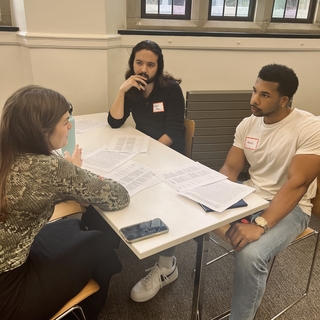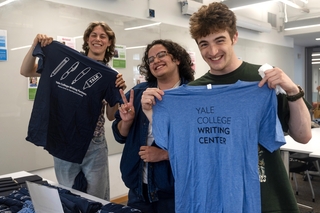Defining Common Knowledge
If you are familiar with the notion of “common knowledge” from earlier writing experiences, you may have noticed that its definition is easy to state but can be hard to apply in a particular case. The “common” way to talk about common knowledge is to say that it is knowledge that most educated people know or can find out easily in an encyclopedia or dictionary. Thus, you might not know the date of the most recent meeting of the Federal Reserve, but you can find it out quite easily. Further, the term “common knowledge” carries the sense of “communal” knowledge—it is community information that no particular individual can fairly claim to own. One sign that something is community knowledge is that it is stated in 5 or more sources. So, if it’s known to educated people, or can be easily looked up, or appears in many sources, it is likely to be “common knowledge” and so does not need to be cited.
But here is where things become tricky: As you write papers in college and move deeper into your field of study, what counts as common knowledge becomes much less clear. Within a given discipline, there is a body of common knowledge that an outsider (even an educated college student who doesn’t happen to be in your field) might not know. For example, within psychology, it is common knowledge that chimpanzees recognize themselves in a mirror; in literature, it is common knowledge that James Joyce is a major modernist author. In referring to the mirror test or calling James Joyce a modernist, you wouldn’t need to cite anyone. But as soon as you begin to say something, for instance, about what the results of the mirror test mean for a model of consciousness, you would need to cite a source. The point, then, is to think about your audience: What has been said in the class or repeated in textbooks and other sources often enough to suggest that it is common knowledge within the discipline?
Identifying common knowledge in content created by generative AI tools like ChatGPT is especially difficult. It can be quite hard to tell whether the content is truly common knowledge or drawn from more specific yet uncited sources. AI tools often present information in a confident, polished way, which can make some ideas seem like common knowledge when they are not. Just because some content suggested by the AI sounds factual or familiar doesn’t mean that you can use it without citation. You should always double-check whether it is common knowledge by browsing scholarly sources or consulting your instructor.





